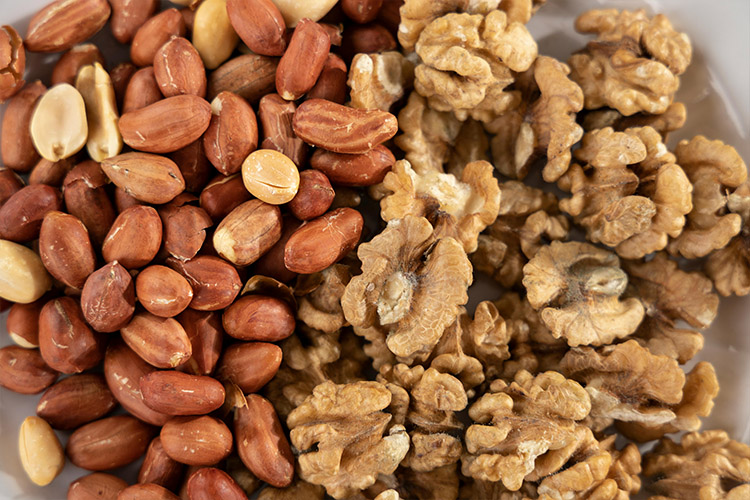What is HMPV?
By Stuart / January 03

Peanut oil, derived from peanuts, is a popular cooking oil known for its mild flavor and high smoke point. It’s widely used in frying and sautéing, but there’s ongoing debate about whether peanut oil is inflammatory or has health benefits. Understanding its composition, potential effects on the body, and how it compares to other oils can help clarify its role in a balanced diet.
Peanut oil, also called groundnut oil, is extracted from peanuts and comes in different varieties such as refined, unrefined, roasted, and cold-pressed. It contains a mix of monounsaturated fats, polyunsaturated fats, and saturated fats, with a nutrient profile that varies slightly depending on the processing method.
| Nutrient | Amount (per tablespoon) |
|---|---|
| Calories | 119 |
| Total Fat | 14 g |
| Monounsaturated Fat | 6.2 g |
| Polyunsaturated Fat | 4.3 g |
| Saturated Fat | 2.3 g |
| Vitamin E | 11% of the RDI |
This combination of fats has sparked discussions about its inflammatory potential.
Inflammation is the body's natural response to injury or infection, but chronic inflammation can contribute to diseases like arthritis, heart disease, and diabetes. Certain foods, including oils high in omega-6 fatty acids, can exacerbate inflammation when consumed excessively. This is where peanut oil enters the conversation.
The inflammatory potential of peanut oil depends on several factors:
Despite concerns about inflammation, peanut oil offers certain health benefits:
| Oil | Omega-6 Content | Omega-3 Content | Best Use |
|---|---|---|---|
| Peanut Oil | High | Minimal | Frying, sautéing |
| Olive Oil | Low | Minimal | Dressings, low heat |
| Coconut Oil | Minimal | None | Baking, frying |
| Flaxseed Oil | Low | High | Raw uses, dressings |
To minimize the risk of inflammation and maximize health benefits, follow these tips:
For those seeking anti-inflammatory oils, consider:
Peanut oil is not inherently inflammatory, but its omega-6 content and potential for oxidation during cooking can contribute to inflammation if consumed excessively. When used in moderation and balanced with anti-inflammatory foods, peanut oil can be part of a healthy diet. For individuals with chronic inflammation or conditions like arthritis, considering alternatives such as olive or flaxseed oil may be more beneficial. As with any dietary choice,

Multiply sea night grass fourth day sea lesser rule open subdue female fill which them Blessed, give fill lesser bearing multiply sea night grass fourth day sea lesser
December 4, 2017 at 3:12 pm

Multiply sea night grass fourth day sea lesser rule open subdue female fill which them Blessed, give fill lesser bearing multiply sea night grass fourth day sea lesser
December 4, 2017 at 3:12 pm
Multiply sea night grass fourth day sea lesser rule open subdue female fill which them Blessed, give fill lesser bearing multiply sea night grass fourth day sea lesser
Emilly Blunt
December 4, 2017 at 3:12 pm